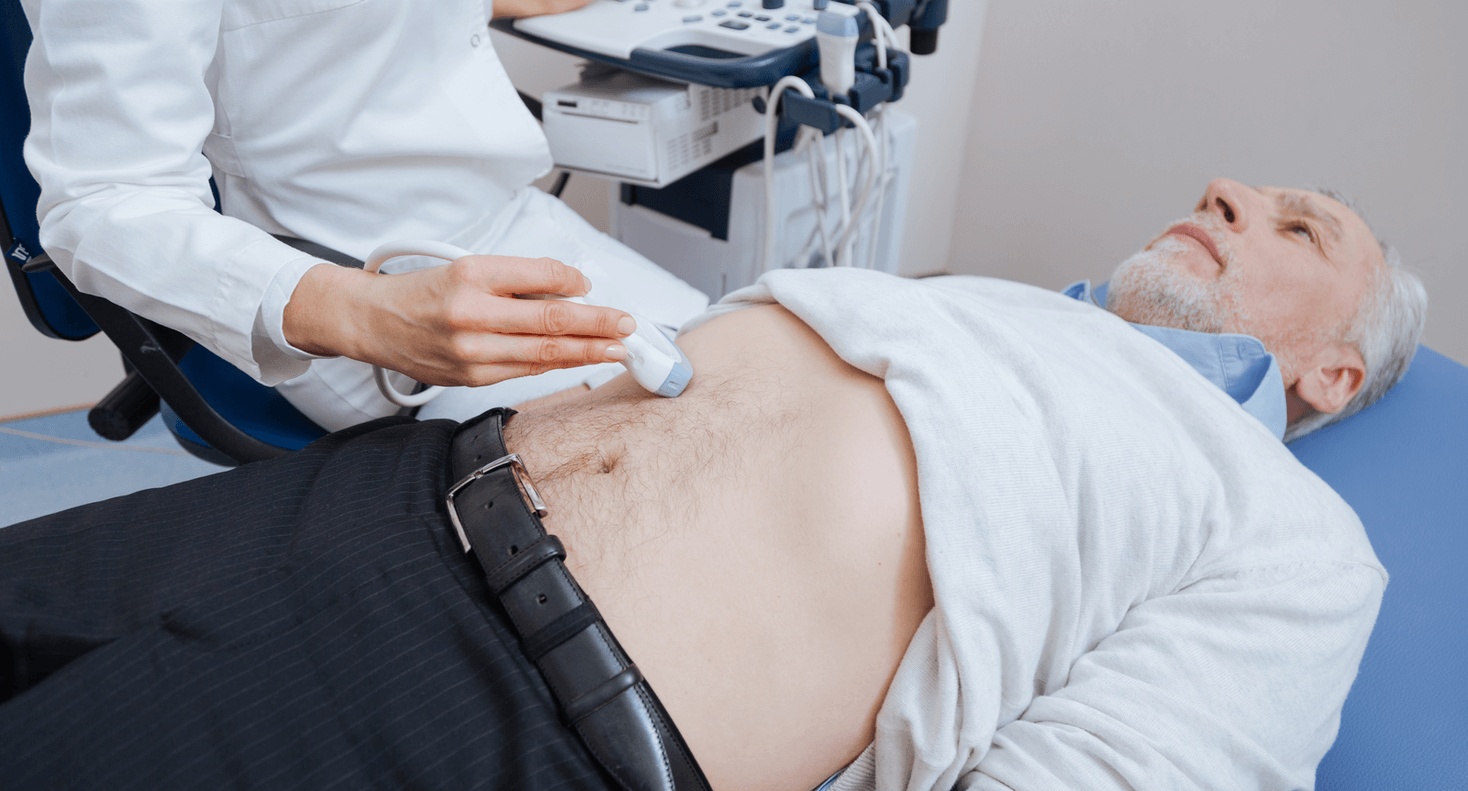Heartburn that lingers isn’t just an uncomfortable nuisance; it can quietly erode your quality of life and your esophagus over time. Gastroesophageal reflux disease, or GERD, occurs when stomach acid repeatedly flows back into the esophagus, affecting around 20% of people in the U.S. and making it one of the most common chronic digestive conditions.
GERD occurs when stomach acid repeatedly flows back into the esophagus, causing persistent burning, chest pain, or a sour taste that simple antacids don’t seem to help. If these symptoms sound familiar, read on to learn about lifestyle changes, dietary changes, medications, and treatments from the best GERD specialist in Los Angeles for permanent relief.
Understanding GERD: Causes, Symptoms, and Triggers
GERD develops when the barrier between your stomach and esophagus, the lower esophageal sphincter (LES), doesn’t work the way it should. Normally, this ring of muscle at the base of the esophagus acts as a valve to keep acid in the stomach. When the LES weakens, relaxes too often, or a hiatal hernia is present, stomach acid and digestive enzymes flow upward, irritating the esophageal lining and leading to inflammation and discomfort.
GERD can be caused or worsened by factors like obesity, pregnancy, and smoking, which can increase pressure on the abdomen. Certain foods and habits can also trigger reflux flare-ups, including eating spicy or fatty meals, chocolate, coffee, citrus, or even wearing tight clothing or lying down too soon after eating. Common symptoms of GERD include:
- Burning chest pain, commonly known as heartburn
- Sour-tasting regurgitation
- Chronic cough
- Raspy voice
Lifestyle and Dietary Changes That Actually Help Reduce Acid Reflux
Finding relief from GERD often begins with simple yet powerful lifestyle and dietary changes:
- Eating smaller, more frequent meals helps prevent your stomach from becoming too full, which can push acid upward.
- Avoiding late-night snacks or eating within two to three hours of bedtime gives your body time to digest before lying down.
- Cutting back on common trigger foods, like fried, fatty, or spicy meals, caffeine, chocolate, and alcohol.
- Focus on low-acid, high-fiber options, like vegetables, oatmeal, and lean proteins, which are gentler on your stomach.
- Staying upright for at least two hours can make a big difference, as can sleeping with your head slightly elevated using a wedge pillow.
- Loosening tight belts or avoiding slouching after a meal can help reduce pressure on your abdomen and keep stomach acid where it belongs.
GERD Treatment Options
When lifestyle changes aren’t enough to control GERD, medication can play a key role in bringing relief and preventing complications:
- Over-the-counter options, such as antacids like Tums or Maalox, can quickly neutralize acid, while H₂ blockers, like Pepcid, reduce acid production for longer-lasting control.
- For frequent or severe symptoms, proton pump inhibitors (PPIs) like omeprazole or lansoprazole can be prescribed by a doctor.
If symptoms persist despite consistent use or lifestyle adjustments, it may be time to see the best GI doctor in Los Angeles for more advanced treatment. Advanced treatment options, including surgical procedures or minimally invasive endoscopic therapies, can strengthen the lower esophageal sphincter and offer long-term improvement.
When to See a GERD Specialist for Treatment
If heartburn or reflux symptoms persist despite medication or lifestyle changes, it’s time to talk with a GERD specialist about advanced treatments. To confirm GERD and rule out other conditions, your gastroenterologist may recommend diagnostic tests such as:
- An upper endoscopy to examine the esophagus for inflammation or damage
- pH monitoring to measure how often acid flows back into the esophagus
- Esophageal manometry to assess how well the muscles and valves work when you swallow
Left untreated, GERD can lead to serious complications like:
- Esophagitis, an inflammation of the esophagus
- Esophageal strictures, a narrowing of the esophagus
- Barrett’s esophagus, a precancerous change in the lining of the esophagus
- Esophageal cancer
It’s important that you seek medical attention right away if you experience trouble swallowing, vomiting blood, unexplained weight loss, or chest pain that could mimic a heart attack.
Where to Find the Best GERD Specialist in Los Angeles
Persistent heartburn and reflux can affect the way you enjoy food and daily life. At Elite Digestive Health, we combine advanced science with compassionate care to uncover the root cause of your GERD, rather than just masking the symptoms. Our Beverly Hills office uses the most advanced tools in GI medicine to identify the exact cause of reflux, so we can deliver solutions that truly restore balance and comfort.
Led by Dr. Benjamin Basseri, a UCLA- and Cedars-Sinai-trained gastroenterologist recognized for his precision, empathy, and diagnostic expertise, we take the time to understand your history and design a treatment plan tailored to your specific needs.
Ready to get effective relief from your symptoms with help from the best GERD specialist in Los Angeles?

